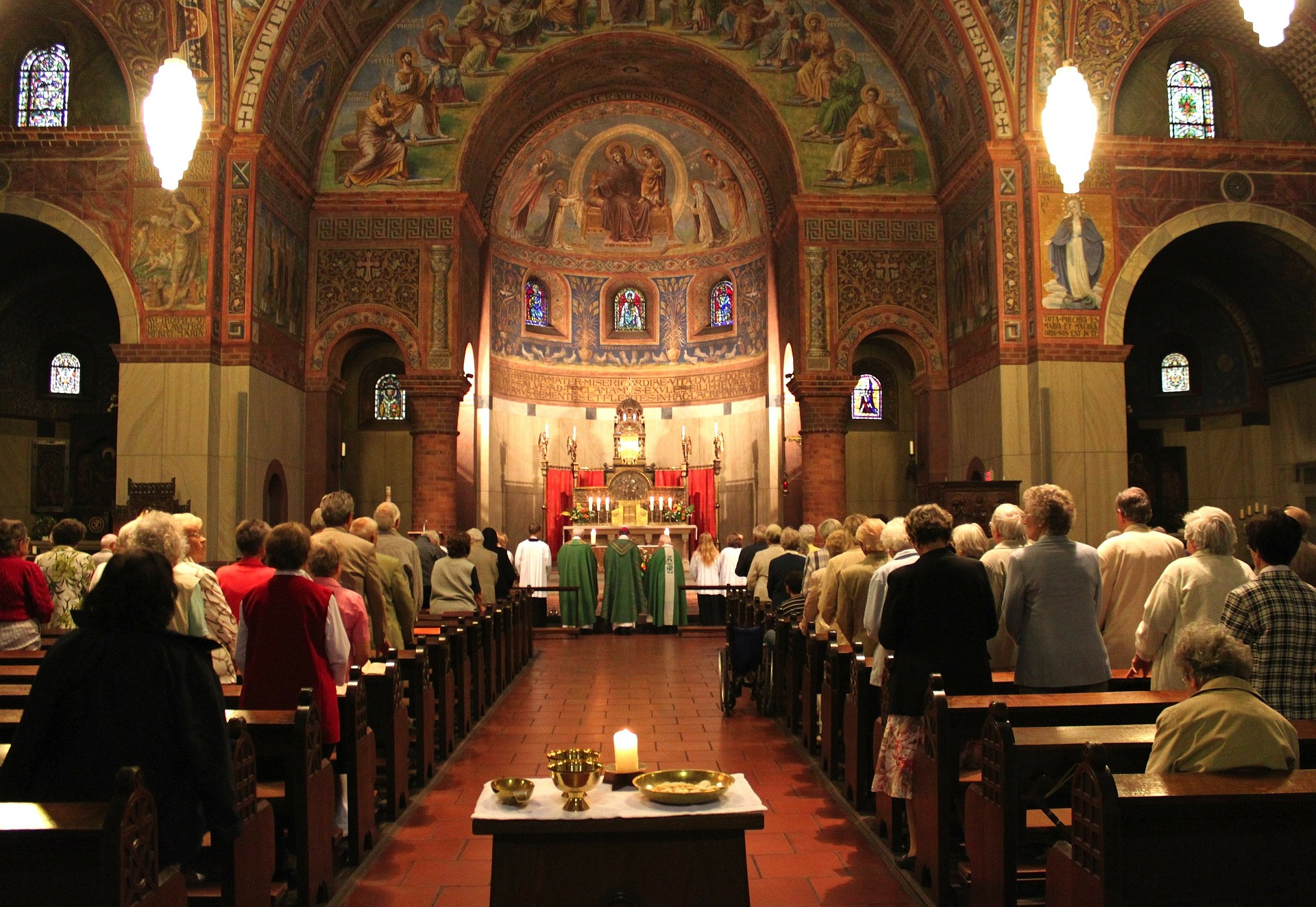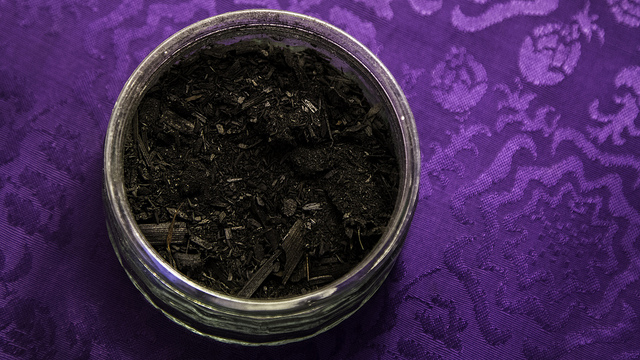What Does It Mean to Be “One Church”?
“I believe in . . . the holy catholic Church,” states the centuries-old Apostles’ Creed, or, if you’re a Lutheran, “I believe in . . . the holy Christian church.” In the creed, “catholic” means universal, as in the whole, global church that confesses its belief in Christian doctrine. The origins of the creed can be traced back at least as far as the second century, although it is very possibly older. In other words, the creed began to be recited not all that long after the early church–the church at large, one church–was established, which was essentially still the church’s infancy if considered in the grand scheme of church history.
Similarly, the Nicene Creed, which was adopted at the First Council of Nicea in 325, states, “We believe in one holy catholic [universal] and apostolic church.”
Churches across denominational lines the world over consider one or both of the creeds as part of their liturgy. But what does it mean to believe in “one church”?
I began to ponder this question a couple of years ago, asking myself what “one church” means to God, and what it means for us as believers in Christ. After all, there is only one Jesus, and we all claim to follow him, no matter what denomination is on the sign outside the church building we frequent on Sundays. So why is there so much diversity between us? Why are we all convinced our way of doing Christianity, our doctrine, is the right way, the right doctrine?
There are many follow-up questions we can ask to try to muddle through these tricky and tension-filled questions. What happened during the first 1500 years of the church? What was the Reformation? How did the various Protestant denominations develop, and how have they evolved over the centuries? Who decided what would be included in the Bible, and when was that decision made and by whom?
And then, what common ground can we find? How can we think of ourselves, truly, as one church? How can we be better at being one church?
Join me over at The Glorious Table to read the rest of the post. See you there!



